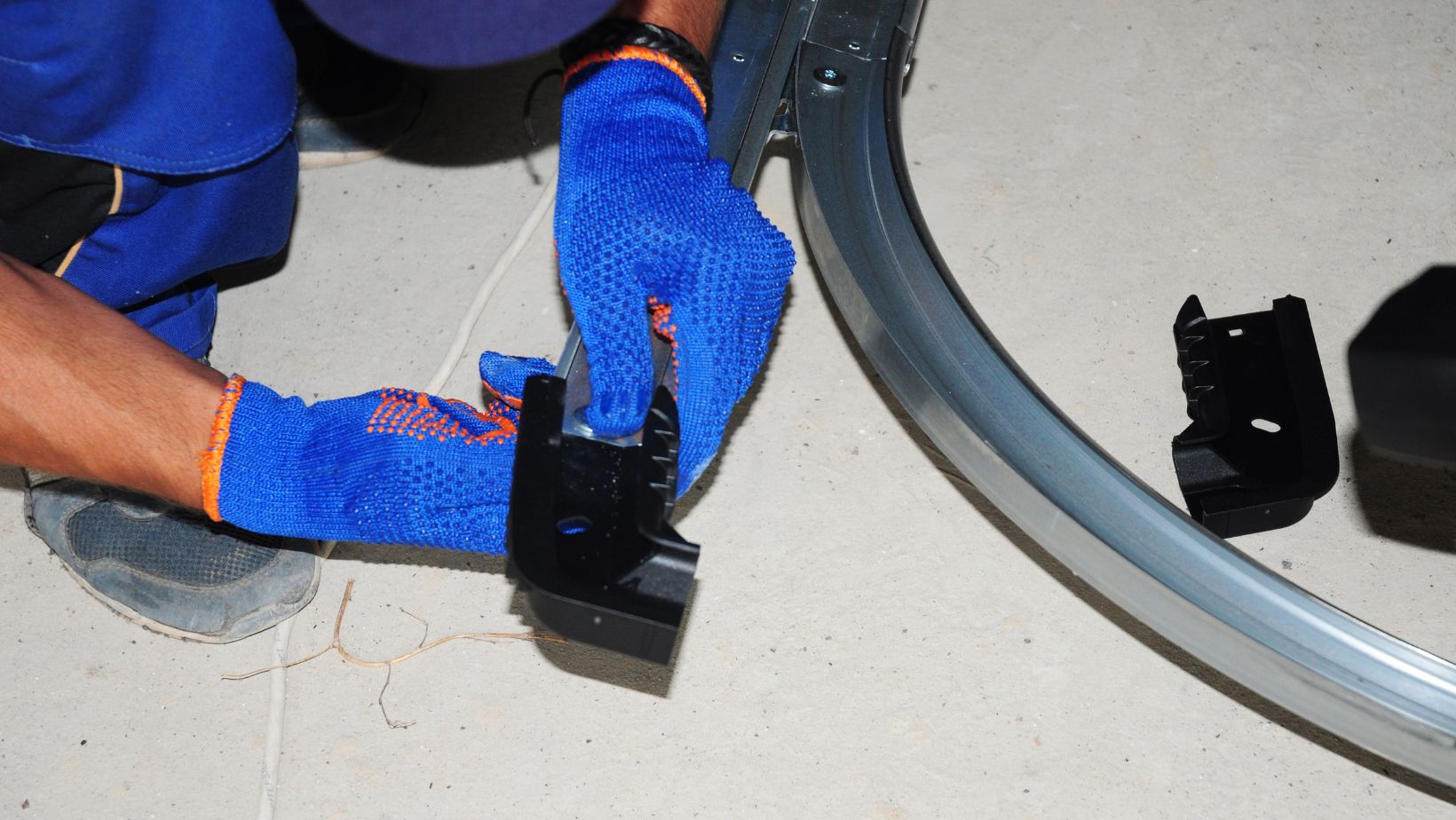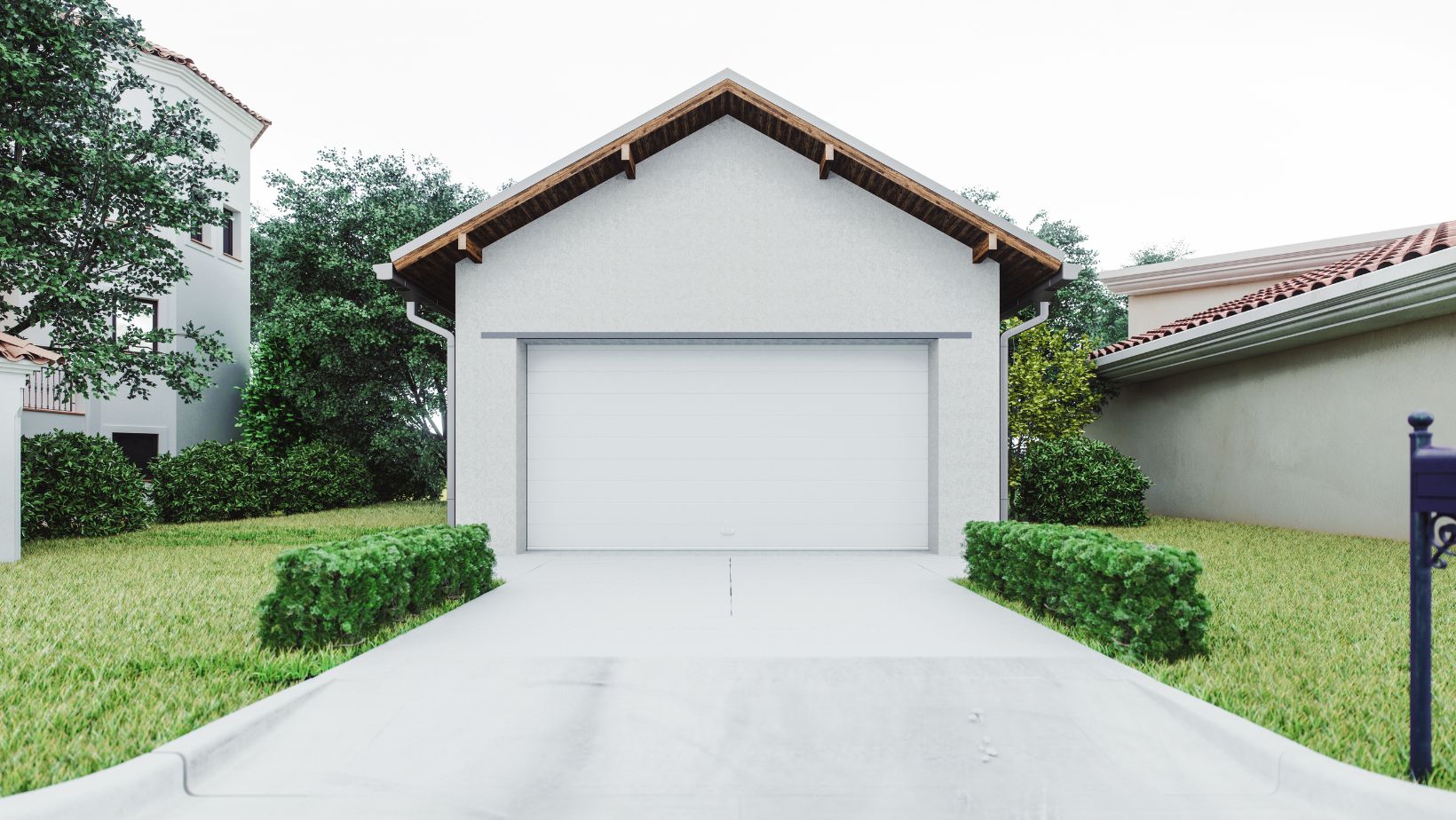Table of Contents
ToggleWater Barrier for Garage Floor
Looking to protect your garage floor from water damage? A water barrier for your garage floor might be just what you need. Whether you’re dealing with leaks, spills, or even flooding, a water barrier can provide an effective solution to keep your garage dry and protected.
A water barrier is designed to create a seal that prevents moisture from seeping through the concrete floor. It acts as a protective layer between the floor and any potential sources of water, such as rainwater or melting snow. By installing a reliable water barrier, you can safeguard your garage from costly repairs caused by moisture damage.
Understanding the Importance of a Water Barrier
If you’re a homeowner with a garage, you probably understand the importance of protecting your garage floor from water damage. That’s where a water barrier comes in. A water barrier for your garage floor acts as a protective shield, preventing water from seeping through and causing potential damage to your flooring or belongings.
Choosing the Right Water Barrier Material
When it comes to choosing the right water barrier material for your garage floor, there are several options available. Let’s explore some popular choices:
- Epoxy Coating: Epoxy coatings are a common choice for homeowners looking for a durable and long-lasting solution. These coatings create a seamless finish that not only acts as a waterproof barrier but also enhances the overall appearance of your garage floor.
- Rubber Membrane: Rubber membranes provide excellent protection against moisture and are especially effective in areas prone to heavy rainfall or snowfall. They can be easily applied to concrete surfaces and offer reliable long-term durability.
- Vinyl Sheet: Vinyl sheet barriers offer an affordable option that is quick and easy to install. They come in various thicknesses and can effectively resist water penetration, keeping your garage floor safe from moisture-related issues.
Installation Process for Garage Floor Water Barriers
Installing a water barrier on your garage floor may seem like an intimidating task, but with proper guidance, it can be manageable even for DIY enthusiasts. Here’s an overview of the installation process:
- Surface Preparation: Before applying any type of water barrier material, it’s crucial to prepare the surface properly by cleaning it thoroughly and repairing any cracks or imperfections.
- Priming: Some water barrier materials require priming before application to ensure better adhesion and longevity. Follow the manufacturer’s instructions regarding primer application if necessary.
- Application: Whether you choose epoxy coating, rubber membrane, or vinyl sheeting, carefully follow the instructions provided by the manufacturer for proper application. This may include mixing ratios, curing times, and specific tools or techniques.

Common Types of Water Barriers for Garage Floors
When it comes to protecting your garage floor from water damage, there are several types of water barriers available. These barriers serve as a crucial line of defense against moisture and can help prevent costly repairs in the long run. Let’s take a closer look at some common types of water barriers for garage floors:
- Epoxy Coatings: Epoxy coatings are one of the most popular choices for garage floor waterproofing. This durable solution creates a seamless barrier that not only protects against water, but also enhances the overall appearance of your garage. Epoxy coatings provide excellent resistance to chemicals, stains, and abrasions, making them a reliable option for homeowners looking to safeguard their garage floors.
- Concrete Sealers: Concrete sealers work by penetrating into the pores of the concrete, forming a protective layer that prevents water from seeping through. They are easy to apply and come in various formulations such as acrylic-based or silane/siloxane-based sealers. Concrete sealers not only repel water but also offer protection against oil spills, salt damage, and other contaminants.
- Rubber Membranes: Rubber membranes are another effective choice for creating a waterproof barrier on your garage floor. These flexible sheets adhere to the surface and provide an impermeable shield against water intrusion. Rubber membranes are particularly useful in areas where heavy foot traffic or vehicle movement is expected since they can withstand impact and resist cracking.
- Interlocking Floor Tiles: Interlocking floor tiles offer both functionality and aesthetics while providing protection against moisture buildup in your garage. These modular tiles snap together easily without the need for adhesives or special tools, allowing you to create a customized barrier system quickly. The interlocking design ensures that any potential leaks or spills will be contained within individual tile units.
Remember, choosing the right type of water barrier for your garage floor depends on various factors such as budget, climate conditions, and intended use of the space. It’s always a good idea to consult with professionals or do thorough research before making a decision. With proper protection in place, you can ensure that your garage remains free from water-related issues and maintains its functionality for years to come.





